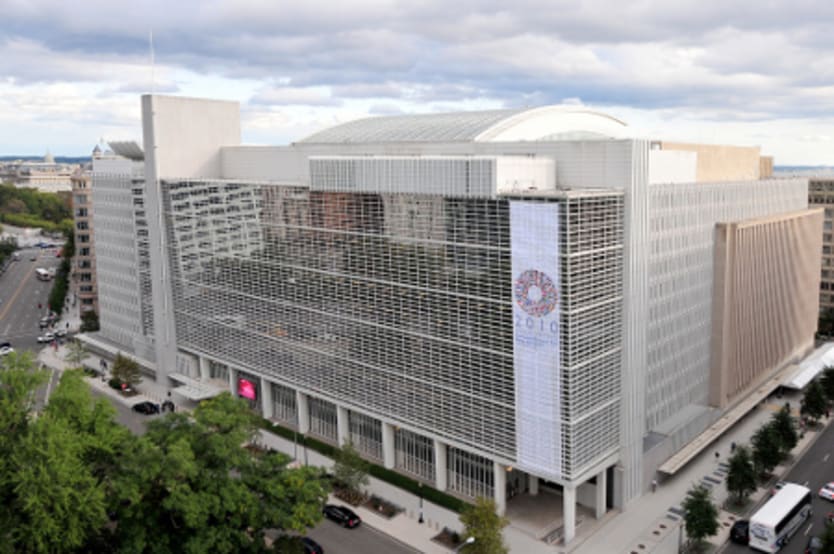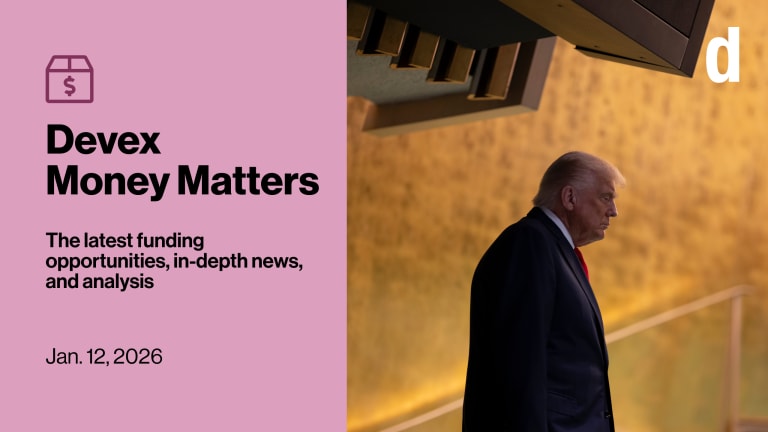
Egypt has decided to accept a $2 billion assistance package consisting of grants and loans from the World Bank. But the country has remained resolute in its decision not to accept the aid package offered by the U.S. government.
The major difference between the two offers of assistance lies in the way the funds will be channeled.
The World Bank package will go through the interim government’s channels. It is expected to benefit government employees, modernize the country’s railway and irrigation system, and improve the country’s power sector. In contrast, a big part of the $165 million U.S. aid package being offered will be channeled through civil society groups.
Egypt reportedly does not consider the U.S. aid package — which aims to support pro-democracy initiatives — to be “essential.” It is also said to be against the U.S.’s strategy of providing funds directly to civil society groups. The way Egyptian activist Negad Borai sees it though, the move is part of the military’s strategy to limit resources available to civil society groups.
In response to an invitation from the U.S. Agency for International Development in March, Egyptian non-governmental organizations flocked to the organization’s office in hopes of securing funds. The U.S. has reportedly already provided $105 million as of April. But the Egyptian government slammed the move, saying that it violates Egyptian laws for funding pro-democracy groups without submitting to government supervision. Officials are referring to restrictions that applied during the time of ousted President Hosni Mubarak.
The Egyptian government has since ordered the NGOs to be investigated. This is even as Elizabeth Colton, spokeswoman for the American Embassy in Egypt, insisted the groups receiving U.S. funding are ”politically neutral“ and that “no funds are provided to political parties.” The continuing row has already had its first casualty in USAID mission director Jim Bever, who left his post Thursday, Aug. 11.
Despite the tiff, observers do not see any lasting harm to U.S.-Egypt relations, The Washington Post cites. The two are said to be bound by close links going back to the 1970s. Egypt’s military has reportedly received about $1.3 billion annually from the U.S. for more than 30 years.
Egypt is expected to hold later this year its first democratic elections after the uprising. It is hard to tell though, how that will influence the situation of civil society groups in the country.
Read more on U.S. aid reform online, and subscribe to The Development Newswire to receive top international development headlines from the world’s leading donors, news sources and opinion leaders — emailed to you FREE every business day.








